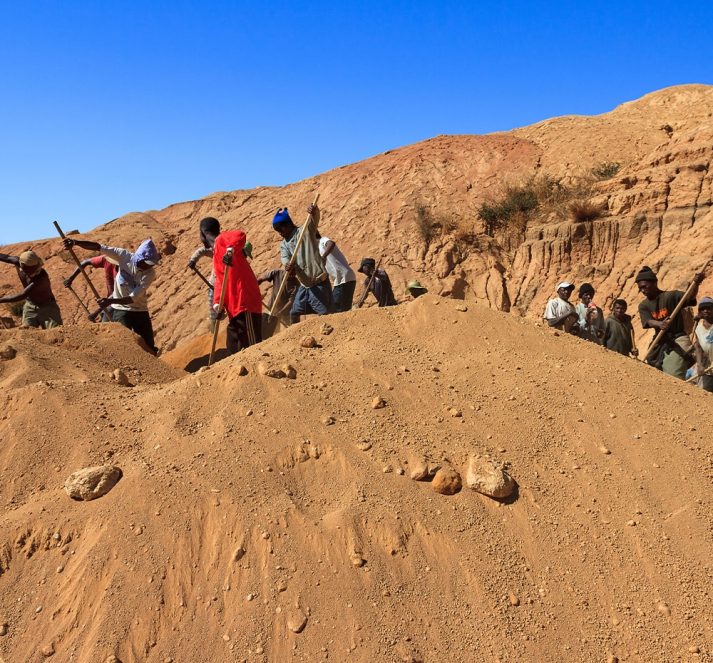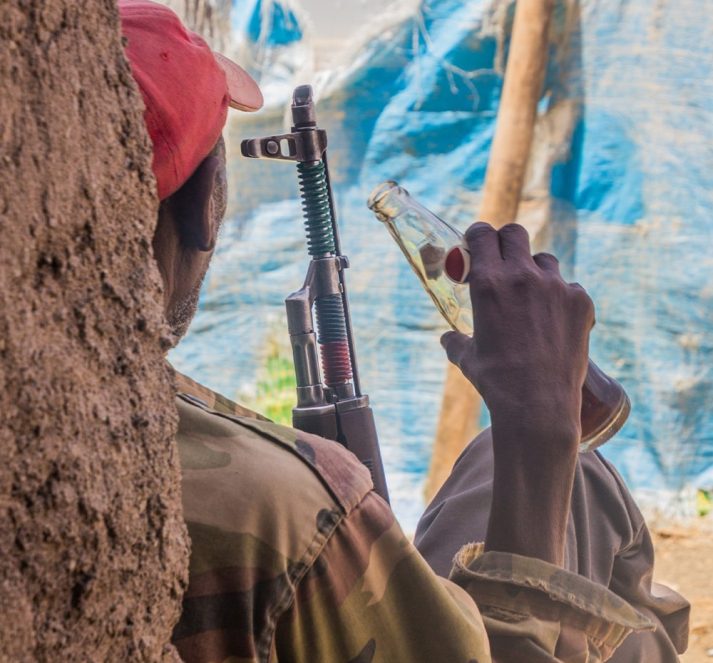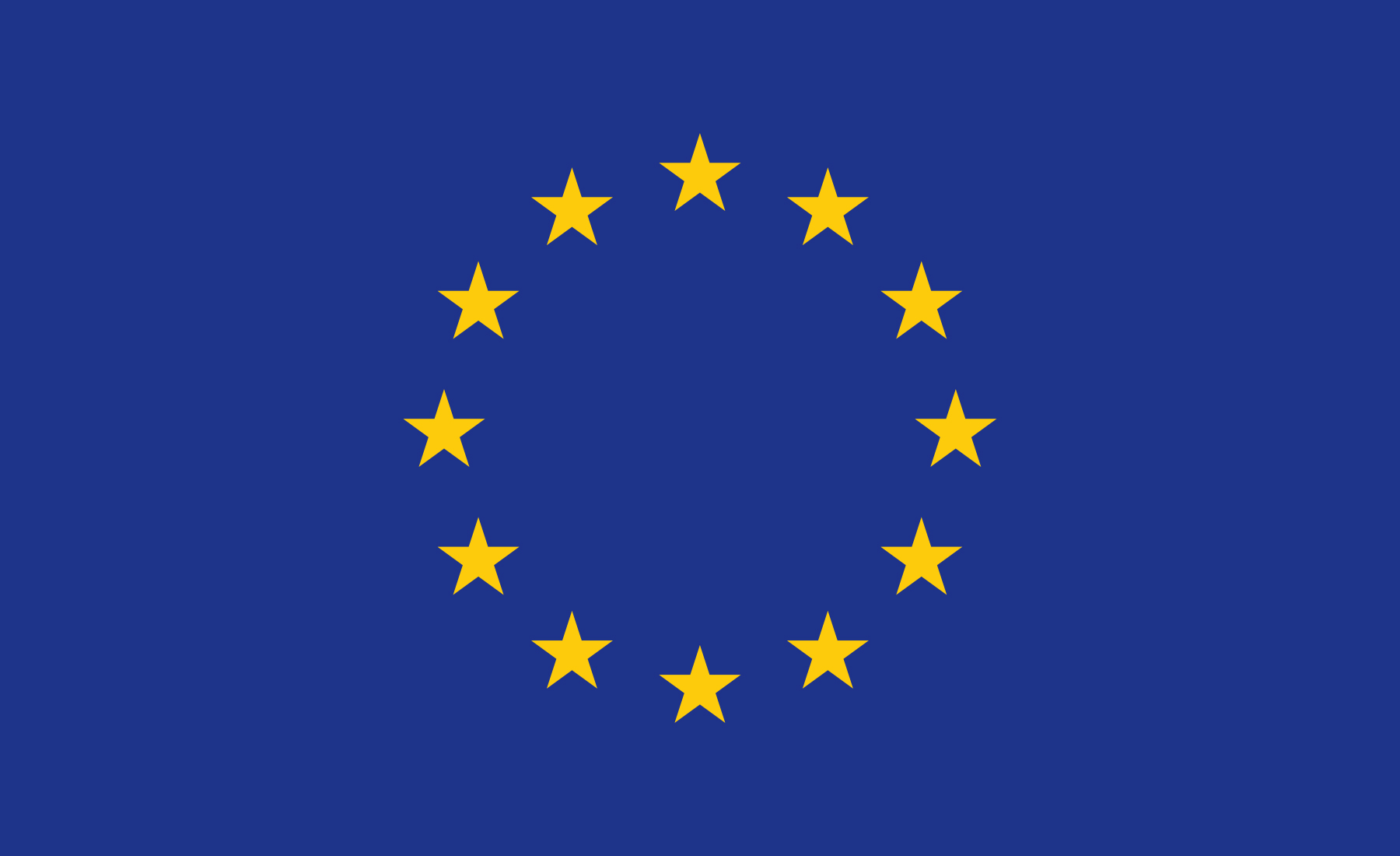CASE STUDIES
EU Conflict Minerals Regulation Assessor

EU Conflict Minerals Regulation Assessor
Kumi, in partnership with RINA, was appointed by the European Commission (EC) to assess the alignment of supply chain due diligence schemes with the requirements of the EU Conflict Minerals Regulation. The Regulation came into force in January 2021 and requires importers of tin, tantalum, tungsten and gold (‘3TG’) into the European Union to implement due diligence practices that are aligned with the responsible sourcing standards set out in the OECD’s Due Diligence Guidance for Mineral Supply Chains.

Compliance with Conflict Minerals Regulation
Participation in supply chain due diligence schemes is the primary means by which companies will seek compliance with the Regulation. The EC requires schemes that wish their standards to be recognised as meeting the requirements of the Regulation to undergo an assessment using the Alignment Assessment Methodology developed by the OECD.
To deliver this work, the Kumi team:
- Engaged with schemes to assess the ‘Policies and standards’ and ‘Implementation’ aspects of the standards undergoing recognition.
- Conducted shadow audits to observe how compliance with the standards is implemented in practice.
- Interviewed key stakeholders to gather additional views and information about the schemes and standards under evaluation.
Importance of Alignment Assessments in the mining and metals industry
Alignment Assessments have increasing significance within the industry, as schemes seek to demonstrate alignment with the OECD Guidance. Beyond the EU Regulation, the OECD Guidance forms the basis of the new LME responsible sourcing requirements. Industry schemes that wish to support LME Brands in complying with the requirements (see Track A requirements under the LME) are required to undergo an Alignment Assessment.


